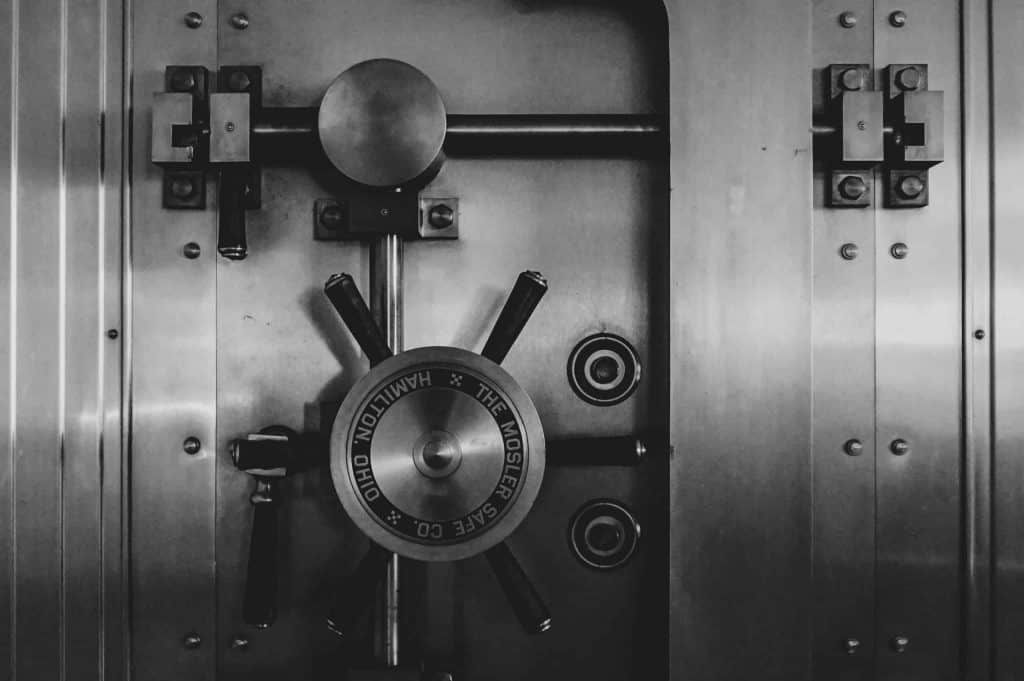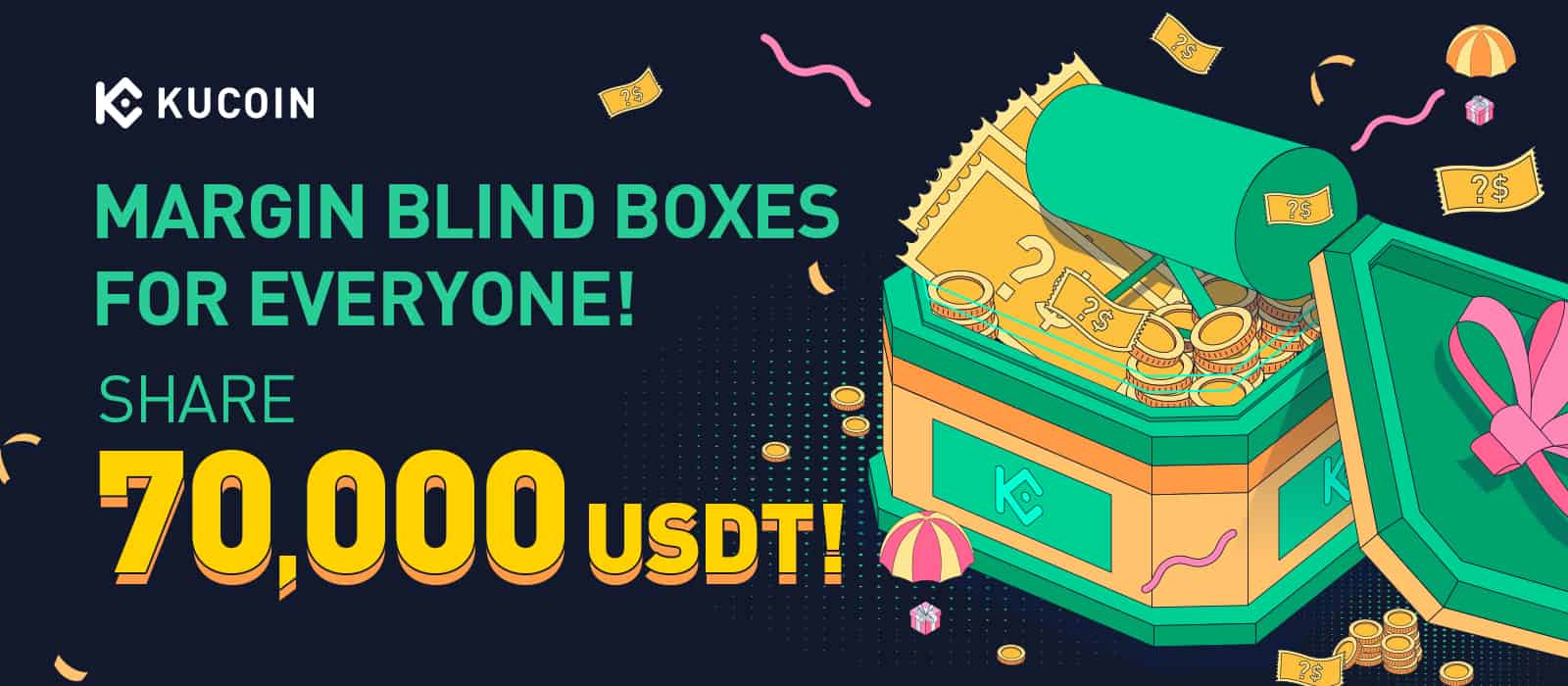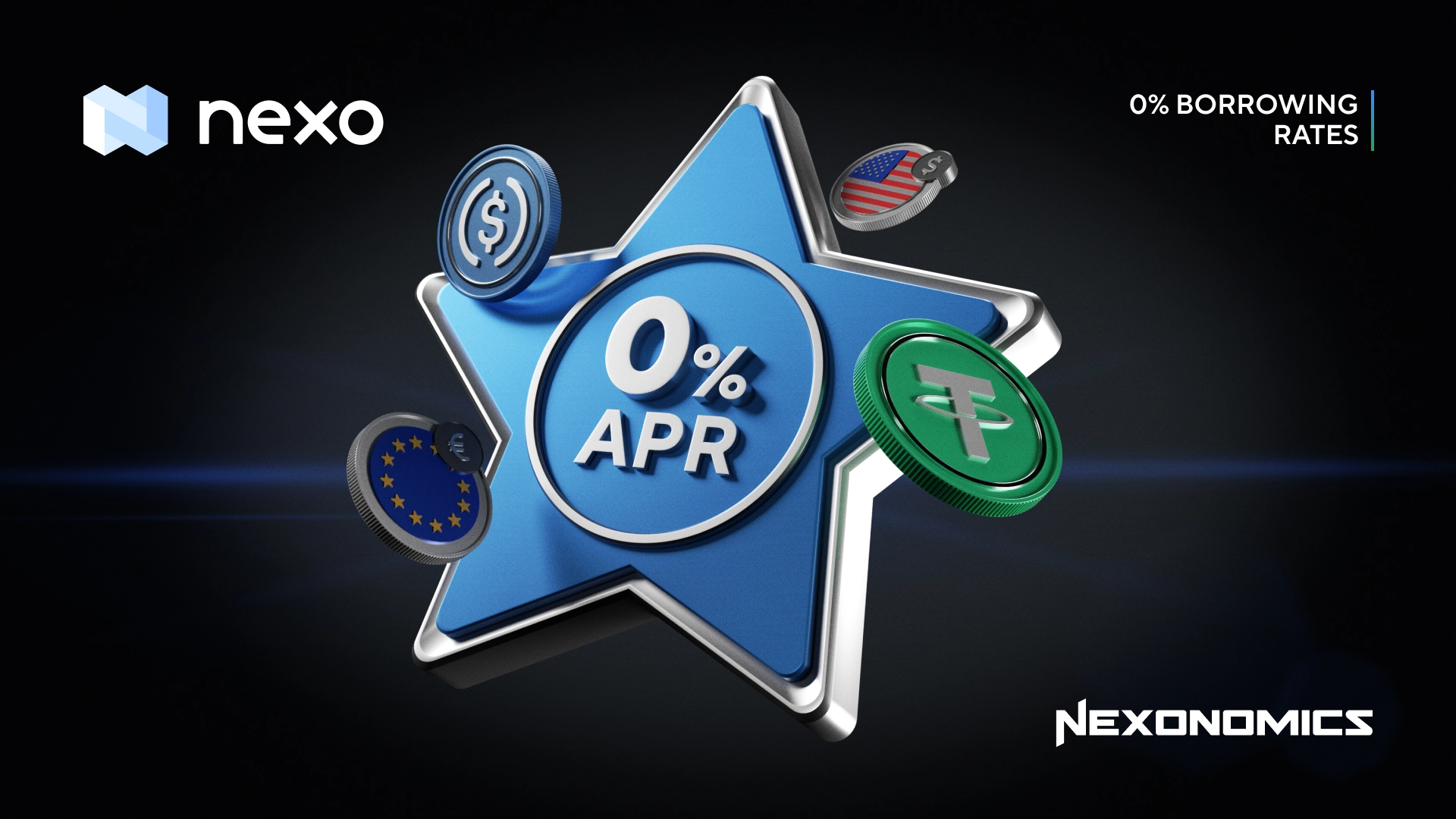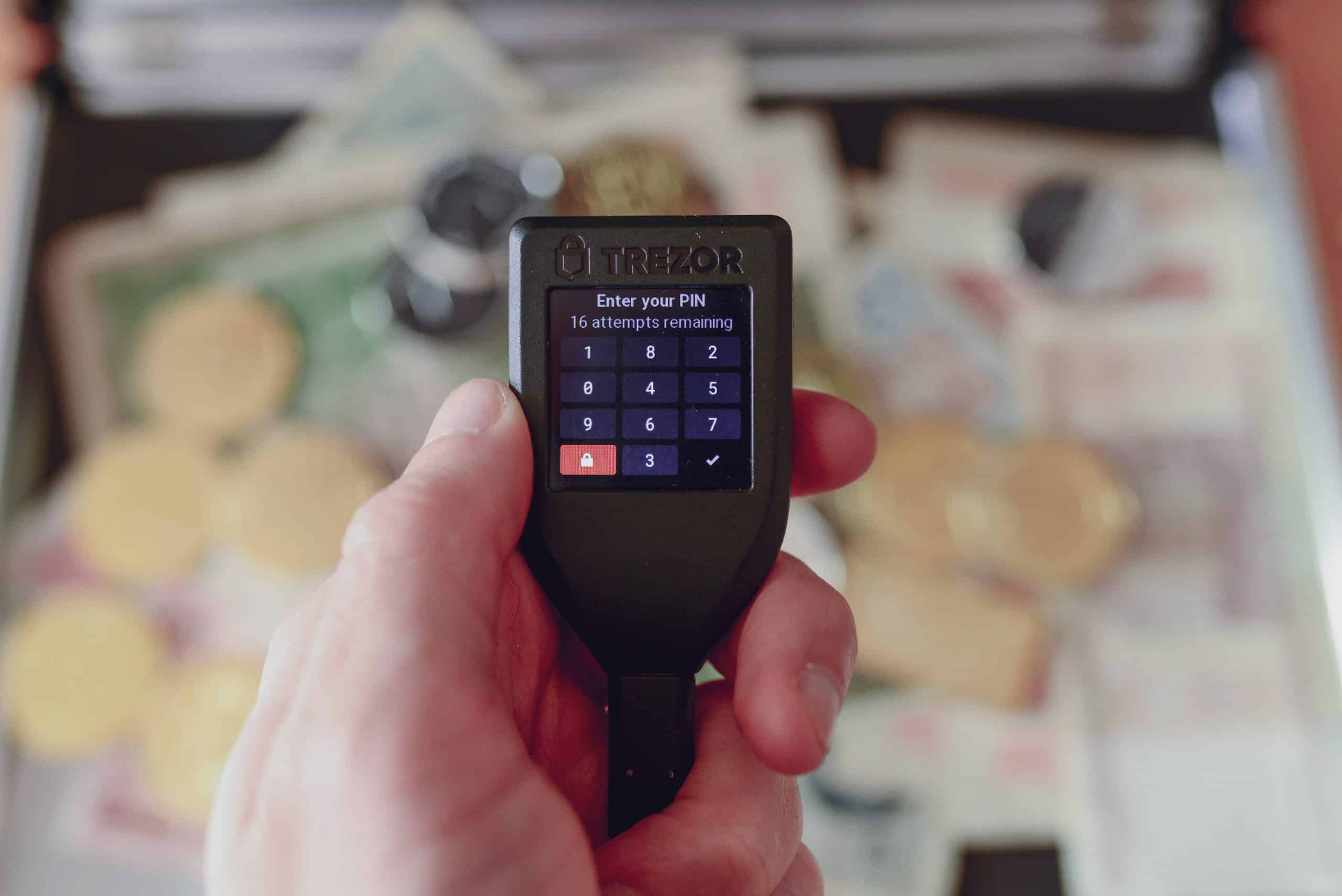Crypto exchanges are safer than many think. In fact, most reliable exchanges have taken steps to ensure their users’ safety. These exchanges offer a range of trading features, have strict security protocols, and have excellent customer support.
TL;DR – I buy, sell, and trade on several crypto platforms. Here are the safest exchanges for most people:
Best for beginners: Coinbase
Best for mobile users: Gemini
Best cryptocurrency selection: KuCoin 👈 (lowest fees!)
Best for zero interest crypto loans: Nexo
Best for casual investors: Crypto.com
💰 Want to get $555 in free crypto to start trading? 💰
Sign up for free accounts with each of the exchanges in this post using the affiliate links above and you'll get a minimum of $55 up to a maximum of $555 in free crypto for creating and funding your new accounts!
How To Choose a Cryptocurrency Exchange
What platforms should you use to buy cryptocurrency? There are hundreds of exchanges out there, each promising to provide the best service possible.
Which is the safest crypto exchange for cryptocurrency traders?
Which crypto exchange has the lowest fees? And which one is right for your needs?

Cryptocurrency Exchange vs. Cryptocurrency Wallet
First, it's important to understand that cryptocurrency exchanges are different than cryptocurrency wallets.
Crypto wallets keep your crypto safe and under your control, but increase the time and cost to exchange those crypto assets for other digital assets or fiat currencies.
While I recommend that you store the majority of your crypto savings in a non-custodial digital wallet (preferably a hardware wallet), a custodial wallet like Coinbase or Binance encrypts and stores your private keys on their servers. Your wallets are synced across their server, so you can access them from both web and mobile by simply logging in using your email address. While convenient, this is also a clear sign that your information is being managed by a third party.
With a non-custodial (decentralized) wallet, you're in control of everything. Your information isn't stored anywhere online, so no one else can access your accounts or manage your funds. You won't ever pay surprise fees or worry about your information getting leaked by third-parties… because they don't have it. Your entire financial identity is yours alone.
This post is focused on choosing the best and safest crypto exchanges (also referred to as crypto trading platforms). If you want to learn more about Bitcoin wallets and cold storage, read my post: How Do I Setup a Crypto Wallet?
The second thing to consider when choosing where to buy and sell crypto is whether you want to use a desktop or mobile app. Desktop apps tend to offer more features and functionality, while mobile apps tend to be simpler and easier to navigate. If you're looking to trade cryptocurrencies casually, then using a mobile app might make sense. However, if you're looking to invest in cryptocurrencies regularly, then you may want to stick with a desktop app.
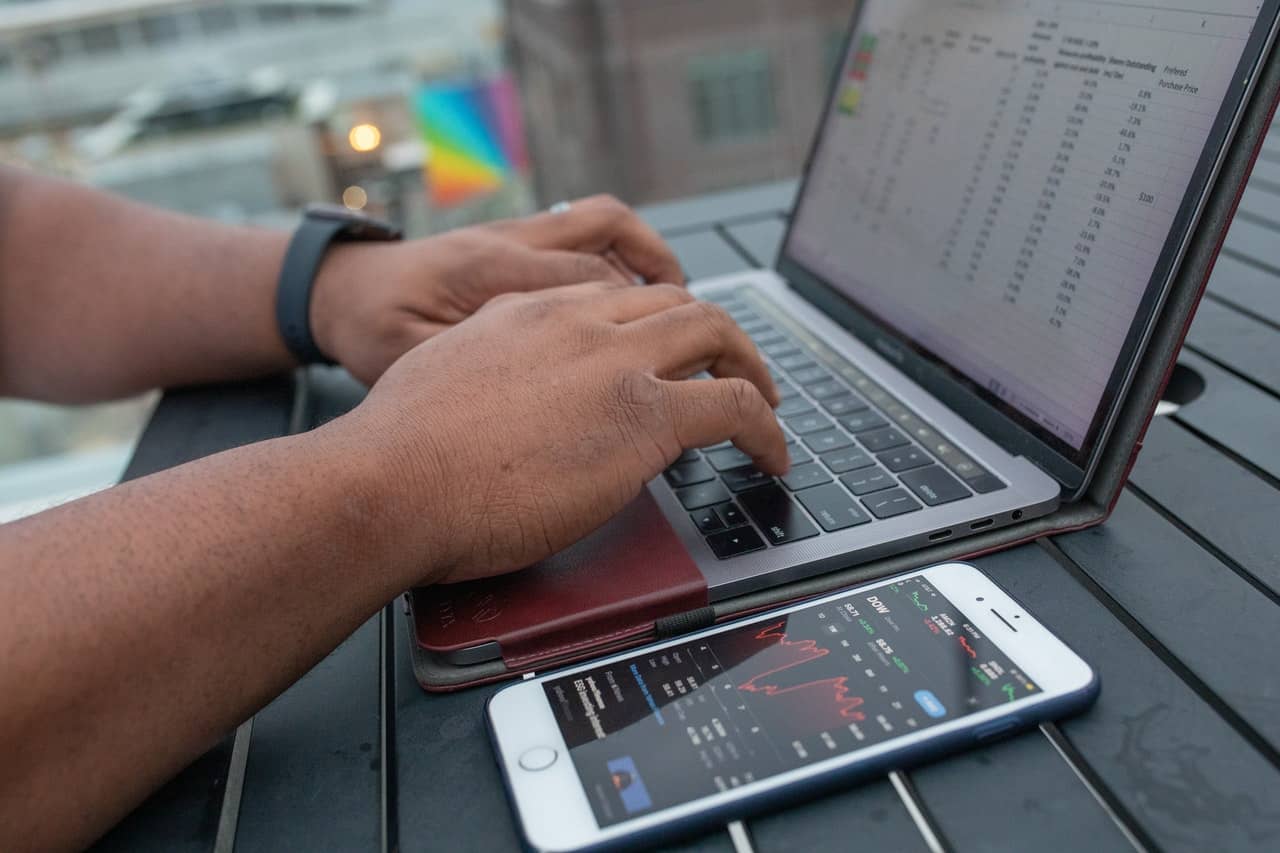
Finally, it's also worth considering what type of trading experience you'd prefer. Some platforms allow you to trade directly against the market price, while others require you to first purchase some amount of cryptocurrency before being able to sell it.
If you're new to cryptocurrency trading, then you may not need any of this information. You can simply start by signing up at one (or more) of the many exchanges below, and see where things take you from there.
Centralized Exchange vs Decentralized Exchange
There are two main types of cryptocurrency exchanges: centralized and decentralized. Centralized exchanges (CEX) are run by companies like Coinbase or Gemini. They offer a wide range of services, such as trading, wallets, and payment processing.

Decentralized exchanges (DEX), on the other hand, allow anyone to trade digital currency directly from their own computer or mobile device. DEXs are generally faster and cheaper than a centralized cryptocurrency exchange, but they also lack some features. For example, most DEXs don't have order books, so traders must manually set orders themselves. Also, because there aren't any central authorities, DEXs are not regulated by financial regulators.
The Best Crypto Exchange Platforms For Every User
Crypto exchanges are a major part of the cryptosphere, handling all of the transactions when you buy or sell digital coins or tokens. While many exchanges have gone out of business since 2017’s bear market, several have thrived. If you’re new to the crypto realm, here are 5 secure exchanges to consider in 2022.
1. Coinbase - Best Crypto Exchange for Beginner Investors
Earn $10 in Bitcoin for getting started.
Coinbase has become my go-to exchange for buying Bitcoin with US dollars via bank transfer because it's quick, easy, secure, and a highly reputable exchange.
You can deposit money using most major banks, bank cards, and even credit cards in just a few minutes. Coinbase offers a wide variety of services, including buying, selling, storing, and sending cryptocurrency.
Quick and Easy Crypto Purchases for Dollar Cost Averaging
Coinbase also makes it very easy to automatically deposit and convert fiat currency into Bitcoin or Bitcoin Cash using my debit card, which I find to be the easiest way to do dollar cost averaging (DCA).
"[But] don't forget about fees!
You may be fine with paying a premium for a simple interface when you're still learning the ropes, but higher fees eat into your eventual returns. High-frequency traders especially want to lower costs." (forbes.com)
And what you get in ease-of-use, you pay for in fees. Coinbase happens to have some of the highest trading fees amongst the services on this list.
Coinbase Fee: Start at $0.99 + 0.5% per transaction.
(Note: Coinbase Pro offers lower fees and offers more advanced charting for more advanced users. See Runner Up Crypto Exchanges below for more details on the differences between Coinbase and Coinbase Pro.)
2. Gemini - Best Crypto Exchange for the Mobile User
Get $10 in Bitcoin Cash when you open an account.
Gemini, which was founded in 2014, is one of the most regulated cryptocurrency exchanges in the world and holds an exclusive New York BitLicense. Gemini is also known for providing highly regulated crypto markets and offering advanced security measures to protect user's funds.
But it's not just security and regulation that makes Gemini stand out. The Gemini mobile app makes cryptocurrency trading easy by mirroring the desktop trading platform‘s simplicity and ease of use. The app is available for both Android and iOS devices, which means you can trade from anywhere.
Although I use Gemini the least of the centralized exchanges on this list, Gemini has a reputation for being one of the best places to buy Bitcoin and Ethereum with fiat currency (USD/EUR) and bank transfers. And Gemini’s real-time price alerts mean mobile users never lose out on movement in the market.
I've also heard that Gemini tends to perform user identity verification faster than some of the other popular exchanges, so if you want to get started buying and selling in cryptocurrency markets as quickly as possible, this may be a good place to start.
Like Coinbase, however, with convenience and a simple user interface comes higher fees. Gemini charges both a commission and a convenience fee to mobile users.
Gemini Fee: ≥$0.99 per transaction.
3. KuCoin - Best Crypto Trading Selection (& Lowest Transaction Fees)
Get up to $500 as a welcome gift for new accounts!
Kucoin is my top pick for cryptocurrency selection, and one of my favorite crypto exchanges overall. With huge welcome gifts, contests, giveaways, and the widest selection of crypto, they offer an excellent user experience, advanced technical features, and great security.
Launched in 2017 by a team of experienced entrepreneurs, KuCoin has become one of the leading cryptocurrency exchanges in the world. With the extensive range of cryptocurrencies, Kucoin offers users a wide variety of features, including margin and futures trading, instant purchases, and staking. With over 200+ trading pairs available (including Loopring and Immutable X), KuCoin is a clear winner in terms of popular cryptocurrencies.
I've also found KuCoin to be the best crypto exchange for leverage, enabling up to 10x leverage against popular crypto coins, enabling you to make huge profits on crypto trades by betting on volatile cryptocurrency pairs.
Bonus: KuCoin also has one of the most attractive fee structures on this list! Not only are the trading fees lower than most other platforms (both maker and taker fees), but you'll get an additional discount if you hold and use KCS (KuCoin's native token) to pay your fees!
Kucoin Fee: Trading fees start at 0.08%.
4. Nexo - Best for Earning Interest while Taking Zero Interest Loans
Get $25 in free crypto for signing up!
Nexo is my top choice for storing and HODLing my Bitcoin and Ethereum, as it offers some of the highest interest rates available on crypto and stablecoins, and while earning returns on your investments, you can use your crypto as collateral for zero interest loans!
In my opinion, Nexo is one of the best places to store and leverage your crypto, as it literally allows you to have your CAKE and eat it, too. Nexo enables you to HODL your crypto, earn interest on it, and take low interest loans against it, all while knowing that it is secured by over $375 million insurance on all custodial assets. Nexo will allow you to borrow up to $2 million dollars, collateralized by your crypto coins!
Like Coinbase and Gemini, Nexo also makes it easy to deposit any of 40+ fiat currencies into your account via bank transfers.
Previously, Nexo focused on storing, staking and borrowing against your crypto assets. Now, they've added an exchange feature that lets you instantly exchange between 100+ crypto and fiat trading pairs directly within the Nexo platform.
Nexo Fee: The Nexo Exchange is "fee-less," but there is a small conversion fee, which seems to be around 0.1 to 0.5% for most swaps.
5. Crypto.com - Best for Intermediate Crypto Investors
Get $10 in CRO for opening a new account.
Crypto.com was founded in 2018 and allows users to spend cryptocurrencies with a pre-paid credit card. This versatility makes Crypto.com an excellent choice if you're looking to invest in cryptocurrencies for different use cases, including trading, investing, and even making credit card payments.
SECURITY UPDATE: On 17 January 2022, Crypto.com learned that a small number of users had unauthorized crypto withdrawals on their accounts. Crypto.com promptly suspended withdrawals for all tokens to initiate an investigation and worked around the clock to address the issue. No customers experienced a loss of funds. The incident affected 483 Crypto.com users. Unauthorized withdrawals totaled 4,836.26 ETH, 443.93 BTC and approximately US$66,200 in other currencies.
Users who stake CRO (Crypto.com's native token) for 6 months or more get extra rewards and better perks on their credit cards.
Crypto.com Fee: Maker/taker fees ≥0.16%.
Runner Up Crypto Exchanges
While the exchanges above are the ones I use most frequently, I also have accounts with each of the following exchanges. Each of these offers other features that may be useful depending on what you're looking to do with your digital currency.

6. Binance.US - Best for Large Purchases
Binance Exchange is the largest crypto exchange by trade volume and is often cited as one of the fastest in the world, which also makes it one of the safest places to buy and trade crypto. Launched in 2019, Binance.US was formed as a US-regulated subsidiary of the Binance global exchange. In January 2019, Binance announced that it had partnered with payment processor Simplex to enable credit and debit card purchases.
With its basic and advanced trading platforms, Binance's low fees and OTC service makes it a great option for traders who want to make large purchases.
7. BlockFi - Spend Crypto Anywhere via Debit Card Purchases
With BlockFi, you can earn up to 3.5% back in Bitcoin on every purchase you make!
The BlockFi Rewards Credit Card earn rewards in Bitcoin, Ethereum, or any other crypto asset on the BlockFi platform. Plus, the balance of your investments can earn up to 9.25% APY with a BlockFi Interest Account (BIA), with no hidden fees and no minimum balances.
8. Changelly - Transparent Transaction Fees
Exchange Bitcoin and 200+ altcoins simply and securely, with no registration needed!
9. Coinbase Pro - Lower Fees for Advanced Traders
Coinbase offers features ideal for new investors while Coinbase Pro gives investors the tools they need to trade effectively. Coinbase and Coinbase Pro differ in user experience and fee structures, with Coinbase fees being more expensive and variable based on the type of purchase or withdrawal.
Coinbase Pro is cheaper than Coinbase and uses a maker-taker approach. At Coinbase Pro, transactions less than $10,000 pay 0.50% as a taker or maker fee.
10. Kraken - Best for Active Traders
Kraken is a well known crypto exchange headquartered out of New York City. The platform was initially launched in 2011, and since then they've grown into one of the most trusted names in crypto. They offer spot market trading, futures contracts, margin trading, and a host of other services.
As of December 2021, Kraken is available in 48 US states and 176 countries, and offers 95 cryptocurrencies available for trade.
How To Minimize Your Risk When Buying Bitcoin
In 2022, cyber attacks on crypto exchanges will continue to threaten the industry’s profitability. However, crypto companies will adapt, using advanced encryption and security measures to ensure customer and investor safety.
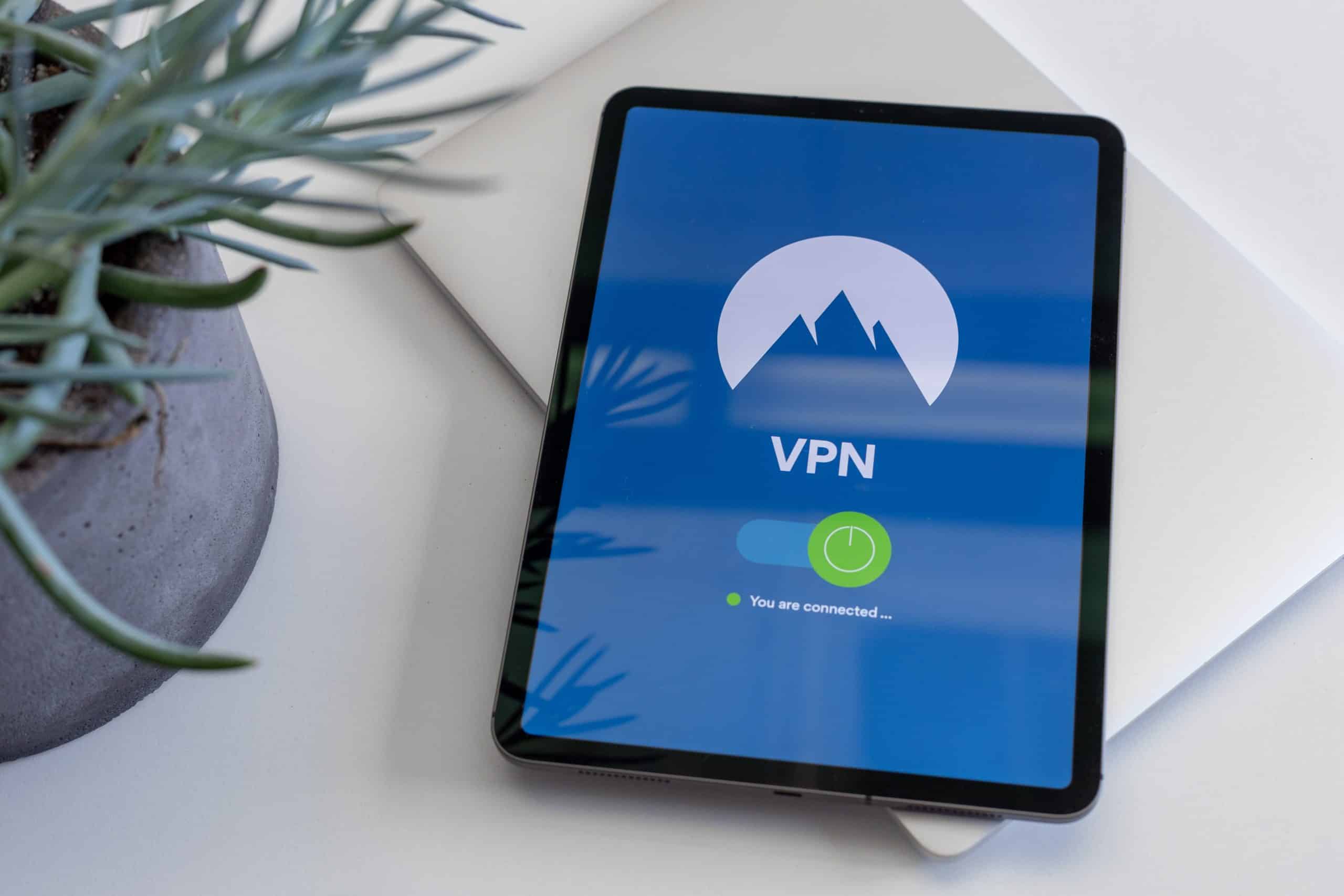
As the crypto market continues to grow, more and more people are looking for ways to invest in this new digital asset class. While many of these investors are interested in making a quick profit, there is also a growing number of long-term holders concerned about the security of their assets. In fact, according to a study conducted by Coinbase, nearly half of all U.S.-based crypto traders plan to hold onto their coins for longer than 12 months.
Exchange Security is Paramount
"Your money's security should be the most important consideration when selecting a cryptocurrency exchange." (sfgate.com)
How to Invest in Cryptocurrency Safely
While most of us have heard horror stories about cyber attackers, hacks, and theft of crypto assets, many often overlook the importance of simply minimizing risk when buying speculative assets like crypto.
What happens once you decide to jump in? There are several steps you'll need to take in order to safely invest in cryptocurrency without losing your hard-earned cash..
You should prioritize exchanges that openly disclose their management, regulatory licenses (if any), company location, and team members.
Here are five additional things I recommend doing before making any crypto trades:
1. Research the Exchange Service
Before investing in any coin or token, make sure you understand how the company behind it operates. Are they transparent?
Do they offer clear guidelines for customers regarding KYC procedures?
What kind of support do they provide?
What safety and security features do they provide?
One of the most important and effective ways to protect your account at any exchange is through the use of 2FA (two factor authentication) sometimes referred to as MFA (multi-factor authentication). 2FA is a security measure that requires users to verify their identity using something they know (e.g., password) and something they have (e.g., phone). This process significantly increases your level of security and helps prevent hackers from accessing your account if they were to gain access to your email address and password.
If an exchange doesn't support or require 2FA, don't use it! Hackers will try to steal your login credentials via phishing emails and social media posts, and without 2FA, you are significantly more vulnerable to these types of attacks. If you ever receive such an email, never click links within it. Instead, go directly to the website where you registered and log in with your username, password, and 2FA code.
Does the exchange provide cold storage?
"Exchanges need to keep some currency in what's called "hot storage," which means it's online and accessible. Security-wise, you want an exchange that keeps the majority of assets in cold storage. That means offline, often air-gapped, and hard to physically access." (fool.com)
How well insured are your assets?
Gemini says it has 200 million dollars worth of crypto insurance coverage. It also makes sure that coins in cold storage are safe from theft and allows customers to buy extra insurance for their coins. Similarly, Nexo claims to have $375 million insurance on all custodial assets. While insurance held by the exchange service can't protect you from market risk, it can protect you from loss and theft by bad actors.
2. Create A Strong Passphrase and Enable 2FA Before Depositing Assets
It is critical that you use a strong and unique password or passphrase for every site or exchange that you create an account on. Ideally, you'll use a random password generator built into a good password manager like 1Password, Bitwarden, or Lastpass.
Alternatively, you can create an incredibly strong password on your own in the form of a passphrase. A strong passphrase is generally a string of unrelated words unique to each and every login account you create.
The best way to create a strong passphrase is to use a random word generator. For example, Google's Word Generator generates a list of 100,000 random words. You can select a few of these words and then combine them into one long phrase. Make sure to write this down somewhere safe so you won't forget it.
Once you've created your passphrase, enable two factor authentication. As explained above, two factor authentication requires users to enter a second piece of information besides their passwords. The most common type of 2FA requires users to input a code from an authenticator app or sent to their mobile device.
3. Understand the Technology Behind the Type of Cryptocurrency You Plan to Invest In
Cryptocurrencies are built using blockchain technology. This distributed ledger system is designed to record transactions between two parties efficiently and in a verifiable manner.
Before putting money into a project, ensure that the team behind it has experience building similar projects and that they have a solid understanding of how blockchain works.
4. Before Making Any Investments, Know How Much You Can Afford To Lose
The last thing you want to do is invest more than you can afford to lose. Keep in mind that if you purchase cryptocurrencies with borrowed money, then you could end up paying interest on top of your investment.
If you’re not comfortable taking financial risks, consider setting aside 10% of your budget for future purchases.
5. Use a Cold Wallet, and Ideally, a Hardware Wallet for Maximum Security
When buying and selling via centralized exchanges, you'll probably want to keep at least some of your crypto coins in a "hot wallet," meaning a wallet that you can quickly and easily buy, sell and send crypto to and from, and which is typically linked to the crypto exchange platforms you use so that you can make fast decisions in response to market conditions.
In contrast, a "cold wallet" protects you from a variety of risks by keeping some of your assets in offline storage. Typically, a cold wallet is a software wallet that is distinct from the wallet you use for buying and selling, and is used only for securely storing crypto that you don't want to subject to market risk. Many experienced traders will use their hot wallets for active trades and move profits to cold wallets for safe keeping.
What is the most secure crypto wallet?
For maximum security, I recommend using hardware wallets such as the Ledger or Trezor. Hardware wallets are physical devices designed specifically to store cryptocurrencies securely. These devices allow you to generate private keys and sign transactions without ever connecting to the internet. They're ideal for safely holding large amounts of cryptocurrency.
Privacy and Anonymity When Buying Crypto
Can you buy crypto anonymously? Yes, but probably not via an exchange.
Also, the answer varies by cryptocurrency. Unlike Bitcoin and Ether, which can be even be stored and exchanged via paper wallets, some cryptocurrency investments are only available from specific online marketplaces.
Exchanges like Coinbase require personal identification documents (ID) to verify identity and prevent fraud while allowing users to buy and sell a wide array of cryptocurrencies.
However, there are ways to buy crypto anonymously. Some people prefer to stay off the radar, while others may be concerned about privacy issues.

Since exchanges are generally highly regulated financial institutions managing billions of dollars worth of assets with federal tax reporting obligations, know your client (KYC) regulations, and anti-money laundering (AML) laws, it's very difficult to remain anonymous when buying cryptos through an exchange.
What Is Know Your Client (KYC)?
The Know Your Client or Know Your Customer (KYC) framework is a standard in the financial services industry that requires financial institutions to verify the identity of their clients before opening an account.
In theory, KYC protects both investors and financial advisors. Clients are protected from making bad decisions when they hire an investment advisor who knows what investments best suit their particular needs. Conversely, investment advisors are protected from making recommendations that could harm their clients' portfolios.
In reality, KYC typically incorporates identity verification that may be seen by many as invasive to privacy and counter to private digital asset management.
Is there a way to get around the KYC/AML regulations in the cryptocurrency industry? The answer is yes, but it requires some technical know-how.
If you don't want to deal with all of the above, then you should avoid using exchanges to trade cryptocurrency. Instead, you should directly barter with other people who are willing to make trades without having to go through an intermediary.
The beauty of the blockchain is that every transaction is verifiable. As such, it's perfectly safe to buy and sell crypto for cash, as long as you understand how blockchain verifications work and are able to ensure that your transactions have been fully verified on the blockchain before concluding the deal.
In Conclusion
Each of these exchanges are safe, secure and reliable, but it's up to the trader to pick the one that works best for them.
In this post, I shared what I believe are the top candidates for Safest Crypto Exchange of 2022, all of which I use myself, as well as a few bonus exchanges that offer different features and benefits for different types of traders.
It's important to do your research and find out what works best for you. For example, if you're looking to diversify your portfolio, then you'll need to consider whether you'd rather use an exchange or keep your funds in cold storage.
Once you start investing, you'll find yourself constantly learning new things about the space and its ins and outs. That being said, once you learn what you need to know, you'll be well on your way to becoming a successful cryptocurrency trader!
I hope you found this guide to the safest crypto exchanges helpful. If you did, please share it with anyone else who might benefit from it. Thanks for reading!

